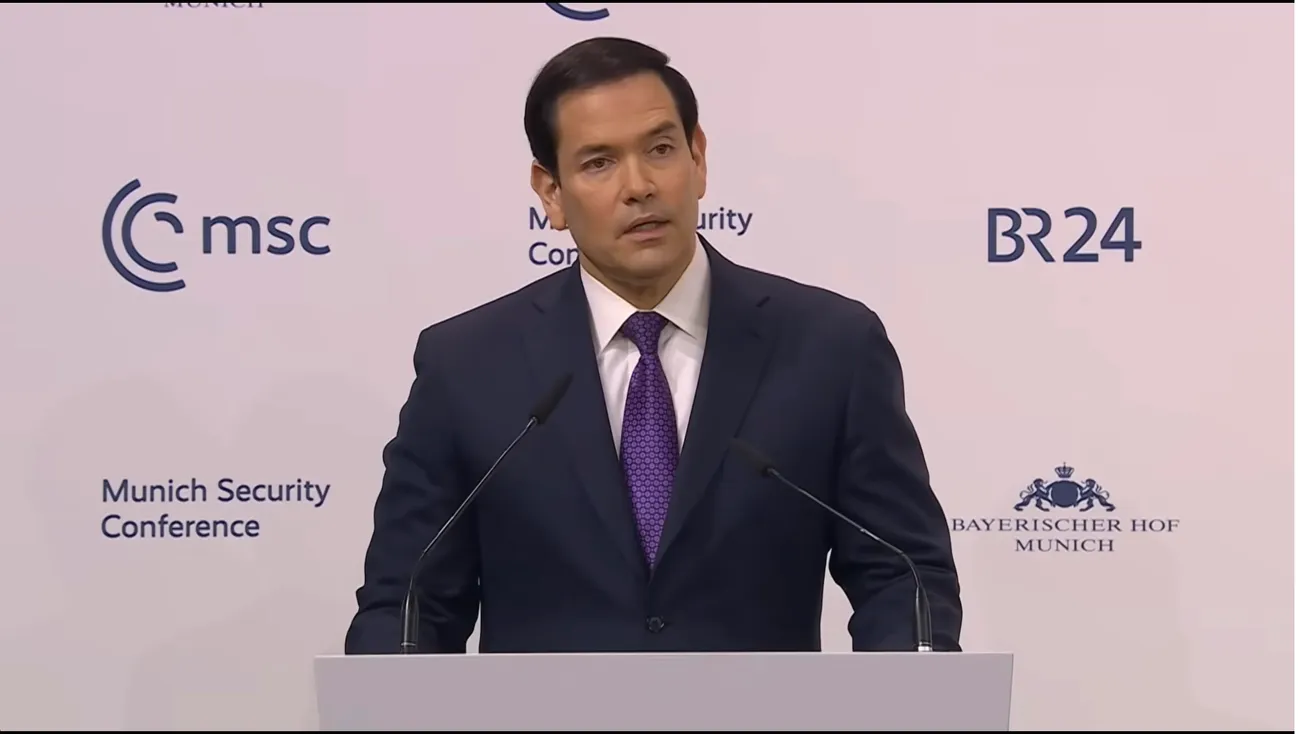On May 14 India announced it would ban wheat exports, except for selected trade commitments, in order to provide for domestic food security, and tamp inflation. In March a severe heat wave hit the wheat crop, causing damage and reducing the harvest by 15-20%. Some wheat matured too fast, lowering yields; some plants were scorched and died.
The G7 foreign ministers, meeting May 14, criticized India for holding back exports. But the group announced no plans, nor initiatives for plans, to increase world food production, especially grains and oils. Their response to the world food supply crisis—even before the Feb. 24 Russian military action in Ukraine—is to just carp that nations must not ban exports.
Before the heat wave, India had five good crop years, and in April had stated its intention to buck up wheat exports to help meet the “Ukraine” gap. In recent years, India had exported only between 0.5-2 million metric tons a year of wheat, and before the heat wave, its intention was to export well over 10 mmt. The total world wheat traded yearly in recent times was in the range of 202 mmt. Much more is required, and by the metric of reliable, sufficient food for all, the goal is to double world food production.
Today on the Chicago Board of Trade wheat prices shot up as much as 5.9% a bushel, to reach a high of $12.47/bu. This year, wheat prices have soared in the range of 60%, with devastating effects in the many, poor wheat import-dependent nations.



